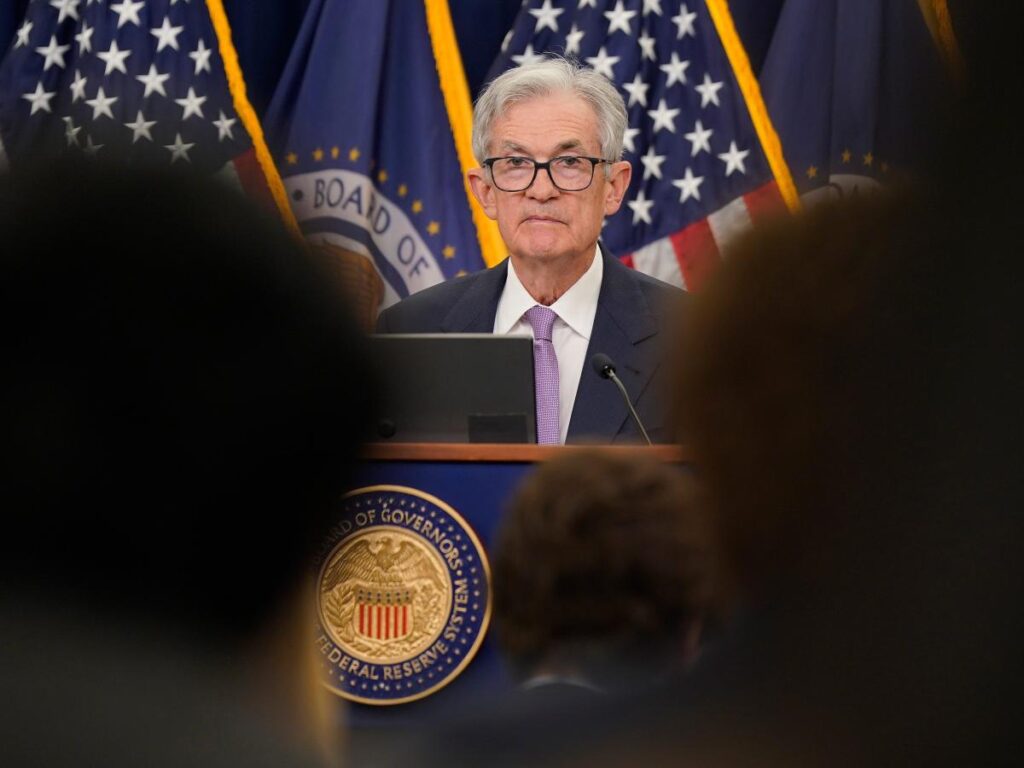In recent events, Federal Reserve Chair Jerome Powell firmly asserted his commitment to his role, stating unequivocally that he would not resign if asked by President-elect Donald Trump, a remark that underscores the independence of the Federal Reserve from political pressures. Powell’s response came during a press conference following a significant 25-basis-point interest-rate cut announced by the Federal Open Market Committee, which took place shortly after Trump’s presidential victory. Trump has previously been critical of Powell’s leadership and the Fed’s monetary policies, but it is important to understand that the legal framework governing the Federal Reserve prohibits the president from arbitrarily dismissing officials without just cause.
Following Trump’s election, there were whispers of potential changes in the structure and function of the Federal Reserve. Reports suggested that members of Trump’s inner circle were contemplating measures that would grant him the power to dismiss Powell before the conclusion of his term in 2026. Such a move would not only threaten the central bank’s independence but also allow Trump a direct say in interest-rate decisions, raising eyebrows about the influence of political considerations on economic policy. In the wake of these speculations, Powell remained focused on his mandate and emphasized that his primary goal is to navigate the economy towards stability, independent of political influences.
Trump’s public statements regarding monetary policy also indicated his desire to have a say in how the Fed operates. During an interview, he expressed that while he didn’t need to micromanage interest rate adjustments, he believed open dialogue about such important economic decisions was crucial. Notably, Trump remarked he would support Powell’s term continuation, provided he felt the Fed Chair was acting in the country’s best interest — a statement that reflects the tangled relationship between political leadership and economic governance.
Despite Trump’s critical tone, Powell has consistently defended the Fed’s apolitical stance, reiterating that the central bank’s decisions would not be influenced by political events or pressures. He underscored this point after the elections, arguing that the Fed operates based on economic data and analysis rather than speculation on political outcomes. Powell’s remarks highlight the importance of maintaining an independent monetary policy, particularly in a climate where political rhetoric threatens to encroach on economic decision-making.
Powell’s commitment to the integrity of the Federal Reserve is pivotal, especially considering the heightened scrutiny and politicization of monetary policy in recent years. His confidence in the central bank’s autonomy resonates with the belief that economic policies must be insulated from political whims to ensure long-term stability and growth. This approach aligns with historical precedents where monetary policy needed to operate free from short-term political considerations, fostering a healthier economic environment.
In conclusion, the dynamic between Jerome Powell and Donald Trump encapsulates the ongoing tension between economic policy independence and political influence. While Trump has suggested he wants to affect Fed operations, Powell’s affirmation of remaining in his role and his steadfast adherence to an apolitical stance signify a commitment to upholding the central bank’s integrity. As the nation continues to navigate uncharted economic waters, the Fed’s independence will be critical in ensuring sound monetary policy is implemented in pursuit of economic stability and growth, irrespective of prevailing political currents.

